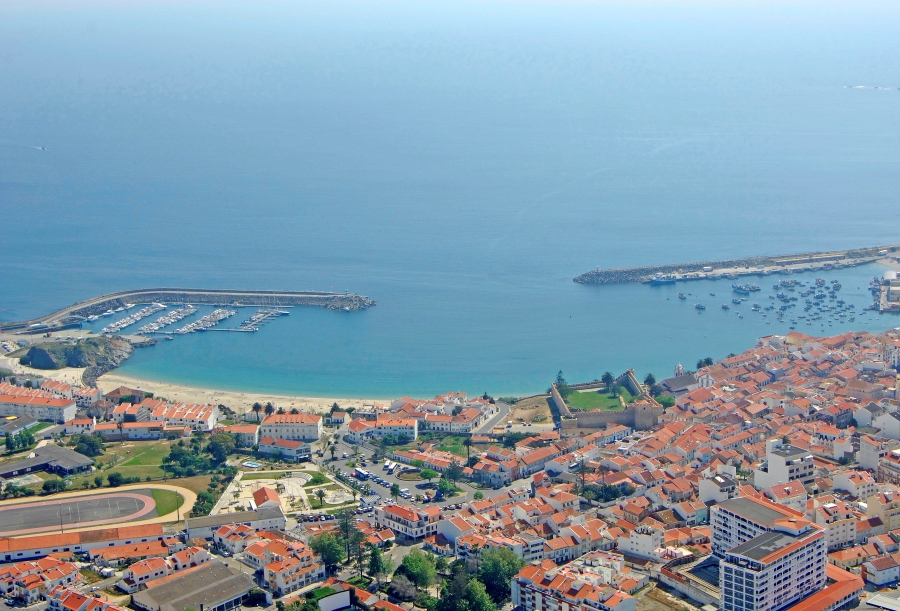50,000 tons of green hydrogen and 500,000 tons of ammonia per year are set to be produced at facilities near the Portuguese town of Sines through a new €1 billion scheme.
The MadoquaPower2X project, which is expected to create more than 200 jobs, is being led by Portuguese firm Madoqua Renewables, in partnership with Dutch energy transition project developer and consultancy Power2X (Power2X) and Danish fund manager Copenhagen Infrastructure Partners’ Energy Transition Fund (CIP).
The project is expected to be fully permitted and ready for a final investment decision by the end of 2023, with construction to commence thereafter and first hydrogen produced by the middle of the decade. Once operable, MadoquaPower2X will contribute 10% to 15% of Portugal’s hydrogen investment targets, and nearly 25% of Portugal’s envisaged 2GW electrolyser capacity by 2030.
Commenting on the project, Secretary of State of Environment and Energy João Galamba said: “This important investment represents the actual implementation of Portugal’s National Strategy for Hydrogen, in line with the European Industrial Strategy, as well as the more recent measures proposed by the European Commission on Repower EU”.
MadoquaPower2X will use renewable energy and 500MW of electrolysis capacity, with electricity sourced in particular from renewable energy communities for wind and solar plants that are being developed in parallel.
Madoqua CEO Rogaciano Rebelo said: “We are proud to bring this strong consortium to Portugal and collaborate with partners across the green hydrogen and hydrogen derivatives value chain. Portugal is structurally well positioned to play a leading role in the emerging energy transition space in Europe. The project, along with the development of dedicated renewable power generation assets, will contribute significantly towards Portugal’s National Hydrogen Strategy (EN-H2)”.
The hydrogen produced via the project can be used by local industry as well as processed to create green ammonia for export from the terminal at the port of Sines.
The consortium members added that they were exploring opportunities with stakeholders to further expand the project to potentially produce 1 million tonnes of green ammonia per year, reducing CO2 emissions by up to 1 million tonnes per annum.
Source: Madoqua Renewables



